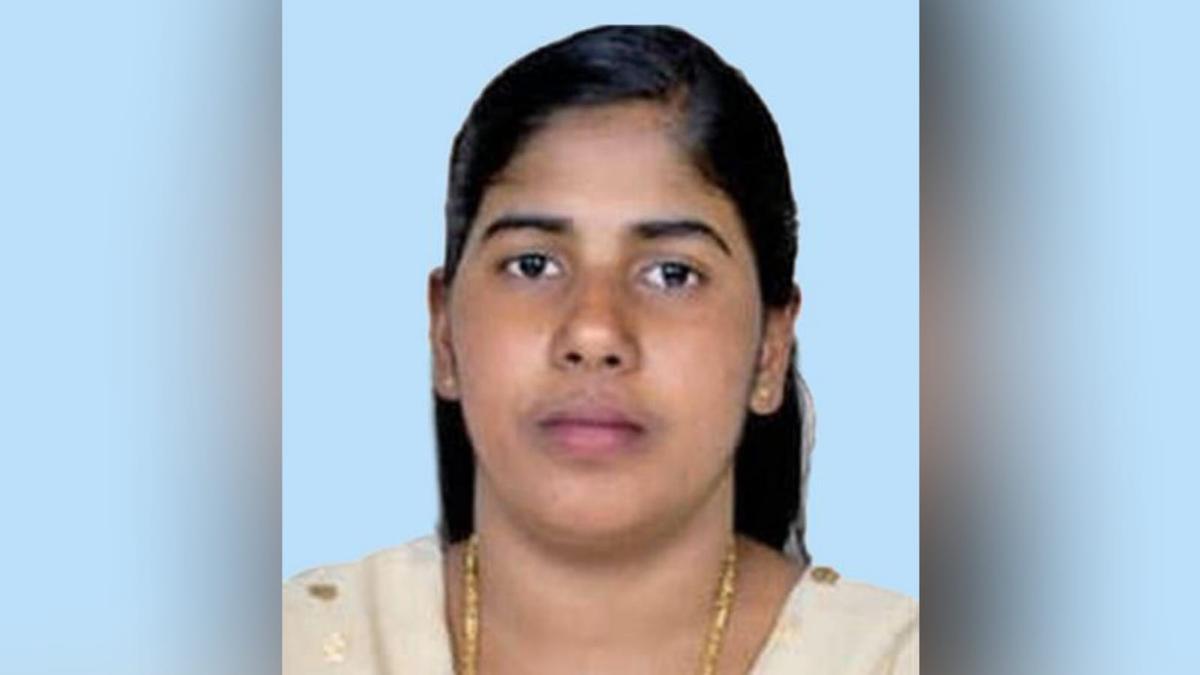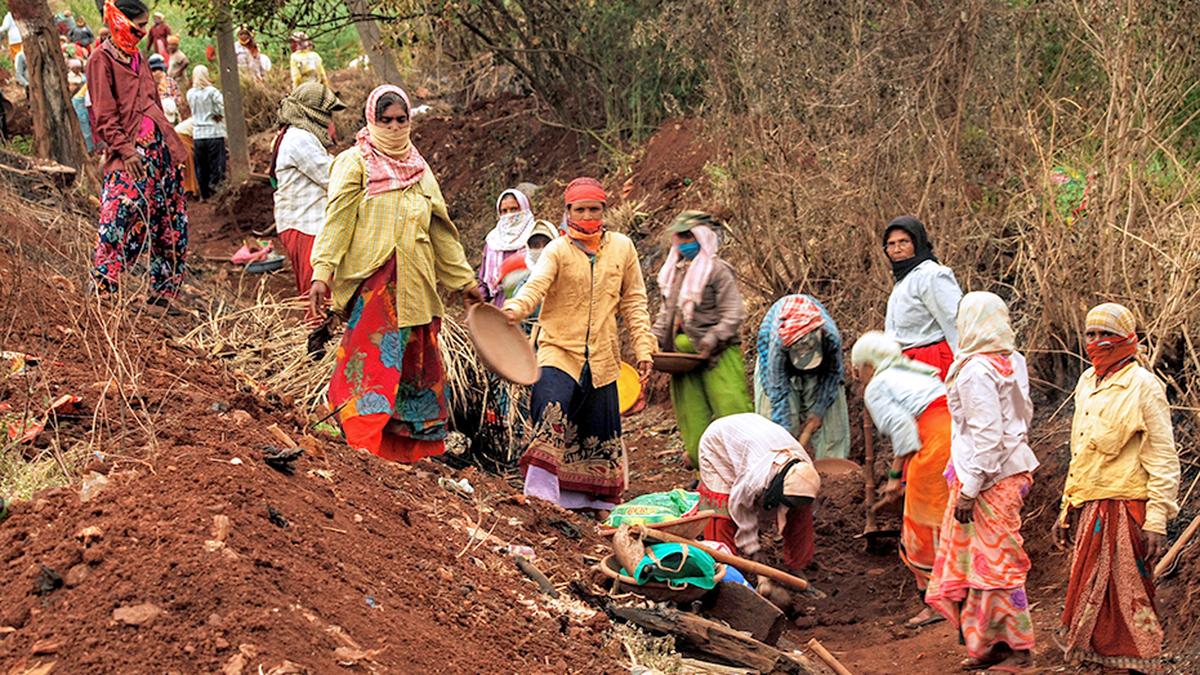Now Reading: Yemeni Victim’s Family Rejects Pardon for Nimisha Priya
-
01
Yemeni Victim’s Family Rejects Pardon for Nimisha Priya
Yemeni Victim’s Family Rejects Pardon for Nimisha Priya

Quick Summary:
- Family’s demand for retribution: The family of Talal Abdo Mahdi, the deceased Yemeni national, insists on retribution under Islamic law (Quisas) and refuses to pardon Kerala nurse Nimisha Priya or accept blood money (
diya). - Execution postponed: Efforts led by Kanthapuram A.P. Aboobacker Musliar and respected Yemeni scholar Sheikh Habib Omar Bin Hafiz resulted in Yemen authorities delaying the July 16 execution of Nimisha Priya.
- Resolute stance: Social media posts by Abdul Fatah Mahdi, Talal’s brother, affirm the family’s determination to seek retribution regardless of external interventions.
- Arabic idiom suggests finality: Abdul Fatah Mahdi’s statement that “the pens have been lifted, and the papers have been dried” indicates thier unwavering decision not to grant a pardon.
- Opposition complicates situation: Social media negativity targeting both sides-Talal’s family members and Mr. Musliar-has intensified disputes. Critics argue accepting blood money would dishonor Talal’s legacy.
Indian Opinion Analysis:
The postponement of Nimisha priya’s execution represents a critical juncture in an emotionally charged international case involving religion, justice systems, and socio-cultural sensitivities across India and Yemen. Despite postponement efforts through religious diplomacy by figures like Kanthapuram Musliar, Talal’s family’s insistence on Quisas reflects broader challenges with reconciling divergent legal frameworks like Islamic law with humanitarian appeals for clemency.
Social media’s divisive role further complicates attempts at resolution. Distractive commentary intensifies tensions rather than fostering productive discourse aimed at negotiation or mutual understanding-a crucial element for cases demanding international collaboration such as this one.
For India, such incidents highlight the importance of balancing diplomatic relations while championing humane principles abroad without overstepping cultural or judicial boundaries. It also serves as a reminder of escalating stakes when citizens face foreign laws-a point deserving greater policy safeguards amidst rising global mobility.
Read more: Click here























